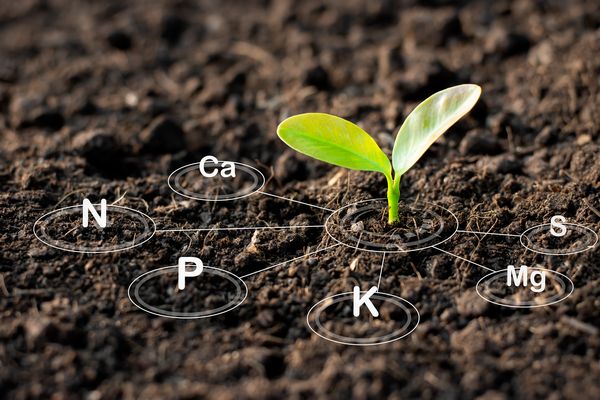Gypsum Effects as a Soil Conditioner

Effects of Gypsum as a Soil Conditioner on Physical Properties of the Soil
_ Improved surface crusting and prevention of the pore clogging by clay.
_ Increased seed germination rates due to the improved soil structure.
_ Enhanced rooting caused by the improved soil structure.
_ Reduced erosion and runoff because of the greater water penetration.
_ Increased volume of the water available to plants due to the presence of more moisture in the lower layers of soil.
_ Enhanced exchange of oxygen between the soil and the atmosphere.
Gypsum fertilizer properties
_ Gypsum is a source of calcium and sulfate.
_ Gypsum is a suitable calcium source for plants such as peanuts, tomatos, wheat, corn and citrus that require considerable amounts of calcium.
_ Gypsum application to rice fields has increased seed yield by up to 21 percent.
_ In organic farming, gypsum application decreases plant diseases.
_ Compared to organic farming without gypsum application, organic farming with gypsum application increases total nitrogen content of fruit.
In addition to these physical effects, gypsum is also a source of calcium and sulfate, which can be beneficial for plant growth. Here are some of the fertilizer properties of gypsum:
_ Calcium source: Gypsum is a suitable calcium source for the plants that require considerable amounts of calcium, such as peanuts, tomatoes, wheat, corn, and citrus.
_ Increased seed yield: Gypsum application to the rice fields has been shown to increase seed yield by up to 21 percent.
_ Decreased plant diseases: Gypsum application in organic farming has been shown to decrease plant diseases.
_ Increased total nitrogen content: Organic farming with gypsum application has been shown to increase the total nitrogen content of fruit compared to organic farming without gypsum application.
Overall, gypsum can provide many benefits as a soil conditioner and fertilizer, including improving soil structure, promoting the root growth, and providing essential nutrients for plant growth.
